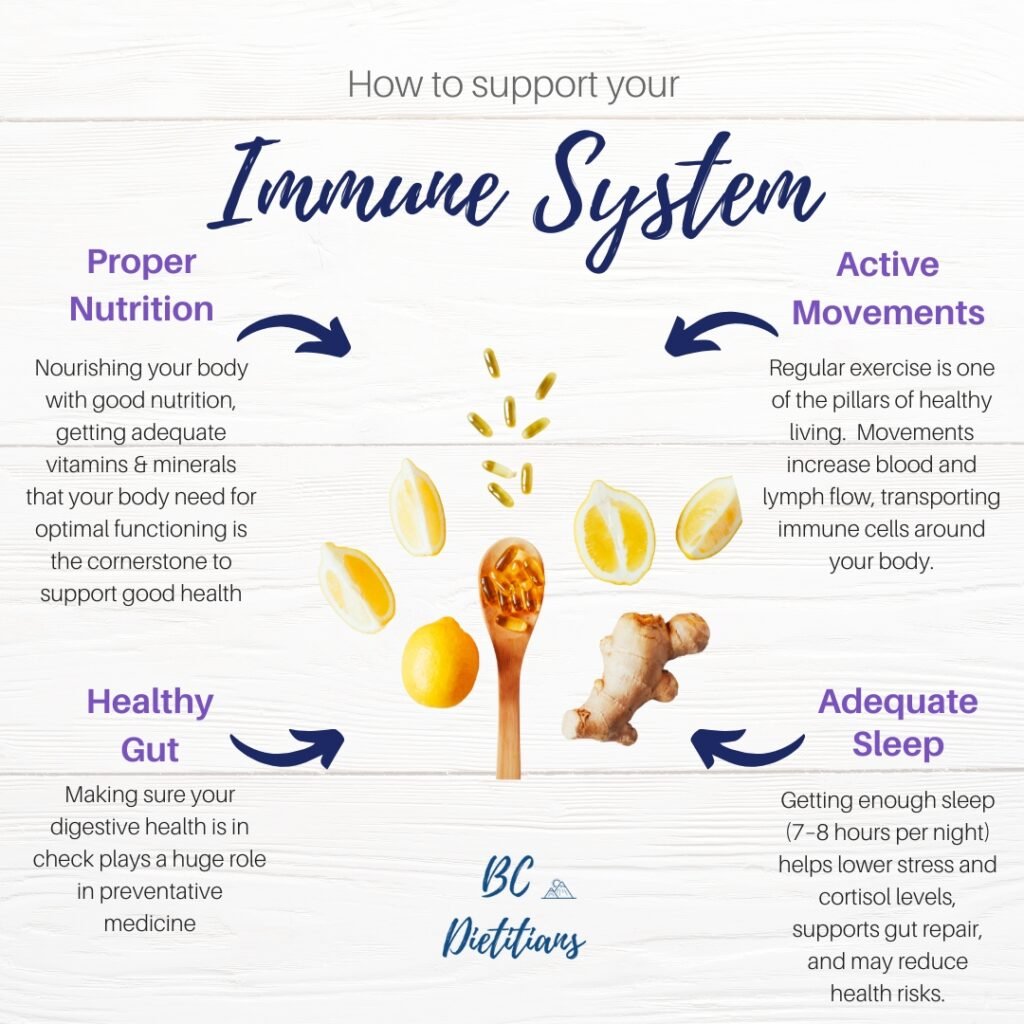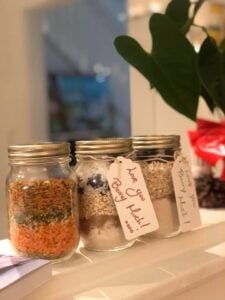Have you ever experienced a minor injury like a paper cut where the injured area becomes red, swollen or even painful? These are signs of the body’s defense mechanism of fighting off inflammation.
Having ongoing inflammation in your body, also known as chronic inflammation, though, is a different story.
You may not know you are experiencing chronic inflammation because the signs are less obvious, and they take time to develop over time.
Having chronic inflammation may take a toll on your body, putting you at risk of developing illnesses, including heart disease, diabetes, cancer, and many more.
The good news is a nutritious and balanced diet can curb inflammation and reduce your risk for chronic diseases. Read on to find out which anti-inflammatory foods may help you ward off certain health conditions.

1. Berries
Berries such as blueberries, blackberries, strawberries and raspberries are filled with anthocyanins.
This reddish-blue and purple pigment and antioxidant may fight off free radicals, a type of unstable molecules that damage cells. Over time, free radicals may lead to the development of heart disease, type 2 diabetes, Alzheimer’s disease and cancer.
Tip: Add berries to your morning cereal or even eat them on their own will supply your body with anti-inflammatory benefits.
2. Salmon
Thanks to omega-3 fats, salmon is a potent anti-inflammatory food.
The essential omega-3 fats found in this fatty fish are believed to prevent the inflammatory process by encouraging the production of anti-inflammatory substances.
Consuming omega-3 fats regularly has also been linked to preventing the build-up of plaque in the arteries, and reducing blood pressure and the risk of breast cancer and rheumatoid arthritis.
A 75-gram cooked Atlantic salmon provides around 2 grams of omega-3 fats. Reap the health benefits from salmon by enjoying it at least twice a week.
Tip: Canada’s food guide recommends choosing canned fish with little to no added salt and fresh or frozen fish that has not been breaded, battered or deep-fried.
3. Avocado
You are probably aware that avocado is a nutrient powerhouse, providing an excellent source of heart-healthy monounsaturated fats and antioxidant-rich vitamin E. This green fruit is also a good source of vitamin B6, which may support fighting off inflammation.
Recent research suggests that vitamin B6 may potentially play a role in easing inflammation and the severity of symptoms related to diabetes, high blood pressure and heart disease after contracting the COVID-19.
Tip: Add this versatile, delicious and wholesome fruit to salads and smoothies, or enjoy them as a spread or as a whole fruit cut in halves.
4. Whole grains
Whole grains are known for their rich dietary fiber, but they are less known for their anti-inflammatory benefits.
A growing body of evidence suggests that fiber from whole grains could decrease the concentration of C-reactive protein, a type of protein released by the liver when inflammation is present.
Some research further explained that the beneficial bacteria in the gut might be responsible for converting the bran in whole grains to butyrate, a type of fatty acid with anti-inflammatory properties that strengthen the gut’s immunity.
Tip: Canada’s food guide encourages the consumption of whole grains, making up one-quarter of your plate. Some examples of whole grains are brown rice, quinoa, whole grain whole wheat, oats, buckwheat, barley and bulgur.
5. Dark leafy greens and cruciferous vegetables
All vegetables are nutritious, but dark leafy greens such as kale, spinach, Swiss chard, and cruciferous vegetables like broccoli have been proven repeatedly for their antioxidant attributes for fighting off oxidative stress.
This condition can trigger inflammation when there is an excess of cell-damaging free radicals in the body.
Tip: Fill half of your plate with a blend of dark green and bright red and orange-colour vegetables at meals to absorb a variety of nutrients.
6. Chia seeds
The tiny, oval-shaped chia seeds live up to their mighty reputation. With every tablespoon offering 3.7 grams of fiber and almost 2 grams of ALA omega-3 fats, regular consumption of chia seeds may support heart health by preventing plaque built up and clot formations and reducing inflammation.
Tip: Power up your favorite smoothie, yogurt or oatmeal with a tablespoon of whole or ground chia seeds.
Check with your healthcare provider if it is safe for you to eat chia seeds if you are currently on medications, such as blood thinners.
7. Dark chocolate
Have a sweet tooth? Satisfy your craving with dark chocolate.
The flavonoids present in this indulging treat may protect the heart by lowering blood pressure and inflammation. Choose dark chocolate varieties with 70 % or more cocoa content to get the most flavonoids.
Tip: Dark chocolate is a calorie-dense food, with 599 calories and 24.5 grams of saturated fat for every 100-gram portion.
Complement a nutritious snack of fresh fruits and unsalted almonds with a small piece or two of dark chocolate squares. You can achieve sustainable weight loss without giving up chocolate.
Bottom line
A nutritious and balanced diet may effectively curb the risk of chronic inflammation, despite there being no specific recommendations on how much and how often you should include anti-inflammatory foods in your diet.
Quitting smoking and cutting back or avoiding processed foods, fried foods, red and processed meats, foods and beverages with added sugars, also further decreases your risk.
While what we have covered here is not an exhaustive list of anti-inflammatory foods, you can always reach out to our registered dietitians to create a customized eating plan that meets your health goals.
Connect with a BC dietitian nutritionist for your personalized nutrition plan today!






Add a comment